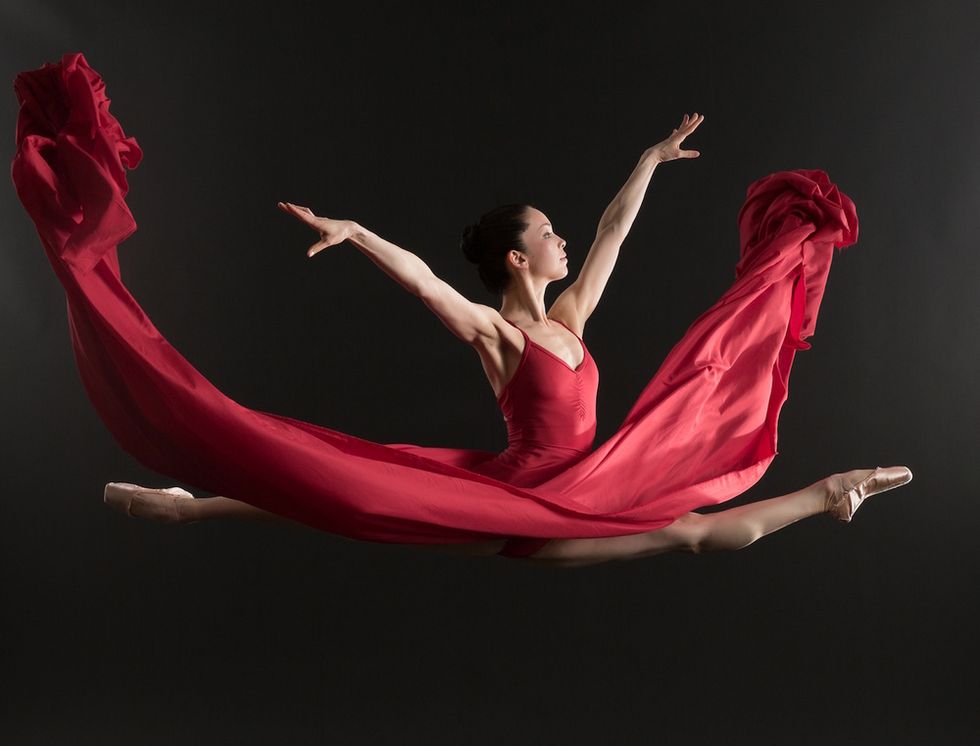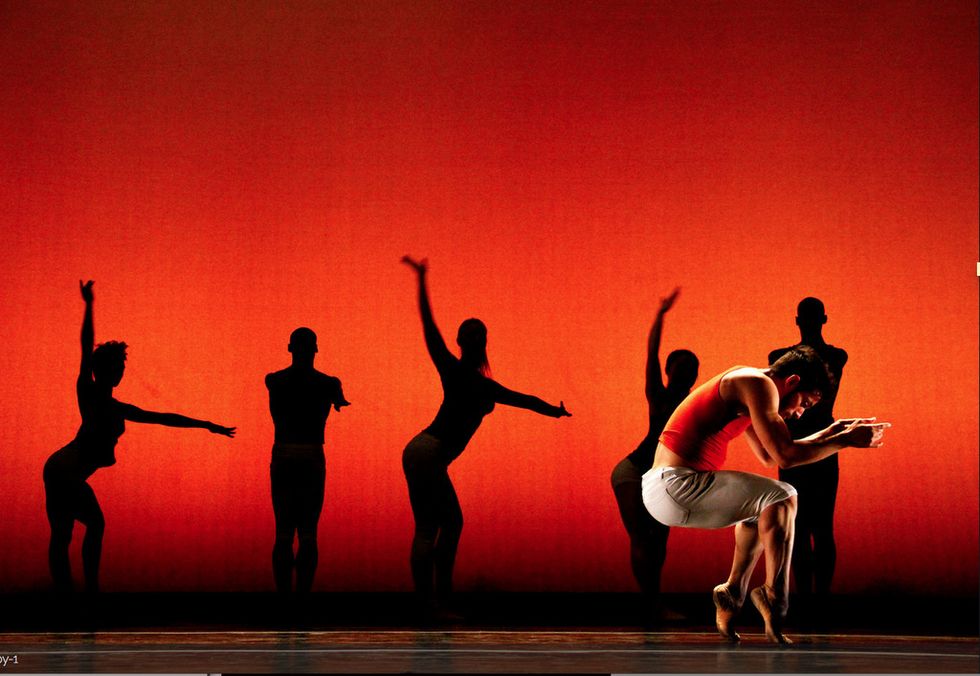We've all heard a dancer angrily insist that dance is a sport, but dancers, it's time to put an end to this debate. Dance is not a sport and here’s why:
It doesn’t fit the definition.
Now it would be wrong of me to tackle this topic without consulting the all-knowing Merriam-Webster dictionary. So I went to their website and typed “sport” into the search bar. And this is the definition it gave me:
"a contest or game in which people do certain physical activities according to a specific set of rules and compete against each other”
While there are components of this definition that do hold true, the majority of it simply doesn’t sum up what dancers do. Dance is not a contest and it certainly is not a game. Audience members do not watch dance performances to see who becomes the “winner.” You can’t “win” at dance. People watch dance to be entertained because dancers are physical storytellers, and what makes one story better than another?
Competitive dance teams have become increasingly popular in recent years, and we can all thank (or blame) Dance Moms for it. Arguing that dance is a sport because many dancers choose to participate in said competitions is the most popular point I’ve heard angry bunheads try to make. Yes, dancers do compete against one another at these glitter-infested dance-offs. And yes, some dancers “win” and others don’t. But it’s all subjective.
From what I remember as a competitive dancer is that each number performed at a competition is judged by a panel of 3-5 judges. Each judge typically has personal dance experience and a pretty impressive resume. During each performance, judges jot down notes and dish out points based on things like technique, artistry, musicality, stage presence, etc. The problem with this method, I repeat, is that it’s subjective. “Winners” are chosen based on the opinions of the judges present at that given competition, and not based off a “specific set of rules” like the definition describes. The same dance could win at one competition and lose at another one if judged by a different panel both times.
Its nature differs from that of actual sports.
Comparing dance to something traditionally accepted as a sport makes it easier to understand why dance isn’t a sport. For example:
Ask yourself “What is the end goal of a dance performance?”
And then ask yourself “What is the end goal of a football game?”
If dance was just as much as a sport as football, the answers to both of these questions would be the same. But they’re actually quite different. The end goal of a dance performance is to leave the audience feeling something. Whether that feeling is happy, sad, nostalgic, or nervous, dancers want to create an impression. The end goal of a football game, or any game, really, is to win.
Here’s another set of questions to ask yourself to see the difference between what is and isn’t a sport:
“What do dancers aspire towards?”
“What do soccer players aspire towards?”
Once again the answers to these two questions are quite different. Dancers don’t aspire toward winning some sort of medal, trophy, or cup. Dancers aspire towards performing with renowned companies, or on big stages, or alongside celebrities. Dance, at its highest level, is about performance, not awards.
It’s an art, and that’s just as impressive.
Sometimes I wonder why the debate over whether or not dance is a sport gets dancers so heated. Why do dancers need to feel like they play a sport?
Declaring that dance isn't a sport does not take away any of its merit and it definitely should not be viewed as an insult. Dance is hard. No one can deny that. Dance is also extremely physical, and dance is athletic. We train intensely and endure all sorts of injuries. We push ourselves by setting goals, we focus on nutrition, we spend hours in the studio, we train on our own, and we look up to professionals. People who play sports are not the only ones who are committed to what they do.
Put simply, dance is an art and dancers are artists. Using movement to tell a story is powerful and often takes more skill than perfecting technique does. It takes a lot of talent and hard work to be make yourself vulnerable on stage for the sake of your audience. Being an artist is impressive, and something that dancers should be proud of.
























